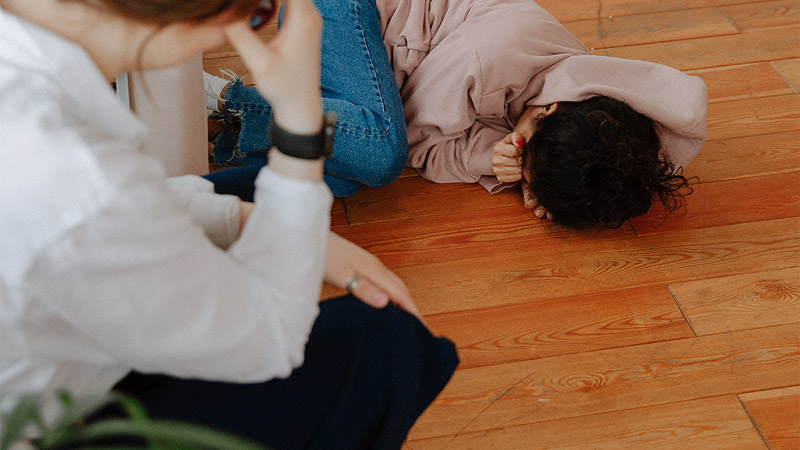What is Positive Behaviour Support? How is it different from Psychological Therapy?
The goal of Behaviour Support is to complete a comprehensive functional assessment of the relevant behaviours of concern for a young person with a disability, and further provide developmentally appropriate and targeted positive behaviour support strategies to carers and support workers. Training of carers and support workers in these strategies can substantially decrease the behaviours of concern, in conjunction with referral for appropriate therapy. In general, you will need at least 25 hours of funding for Behaviour Support, and some plans will need over 60 hours to provide comprehensive support and training and ensure all reporting to the Commission is completed.
Therapy is usually provided under a different line item and focuses on skill development and capacity building in a particular area working one-on-one with the individual. Sometimes a therapist will do a brief functional assessment with parents or carers to discern which areas of need to address. Children and adults with psycho-social disability, for example, a history of developmental trauma, or mental ill health, respond well to psychological therapies to build skills and regulation capacity to engage in the community which can reduce outbursts or episodes of care, and on average use 25-35 hours in a 12mth plan to achieve outcomes.

Registered Psychologists that are also trained in Comprehensive Functional Assessment, can deliver both Positive Behaviour Support (PBS) and Psychological Therapy, even though the one practitioner can do both PBS and therapy, they are still billed as separate items, as a psychologist that does both, knows the discrete differences, and can discern the separate need and outcomes for both.





